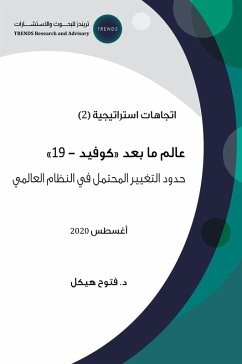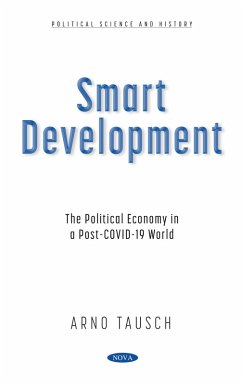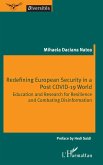The global Covid-19 crisis has raised serious questions about the future of the current global system, the international balance of power in the foreseeable future, and the patterns of cooperation and conflict at the regional and international levels. It has also reignited the debate about many concepts and principles that governed this global system throughout the past decades, such as globalization, sovereignty, the role of the nation-state, regional and international integration, governance ... etc.This study argues that the Covid-19 pandemic will not cause radical changes in the structure of the current global system, as many researchers and experts expect, but will reinforce the previously existing trends, such as: slowing down of globalization's trajectory, increasing isolationism, more distributed international balance of power, and pluralism, in addition to a rising intensity of conflicts and rivalry between major powers, especially between the United States and China.The study also stresses the need to learn from this crisis and its repercussions and start building a new global system based on more cooperation and solidarity to address shared risks, especially in light of the growing threats engulfing all humanity. Despite the idealistic nature of this idea, the study argues that it is the only way to achieve peace, stability, well-being, and peaceful coexistence for all countries and people worldwide.
Dieser Download kann aus rechtlichen Gründen nur mit Rechnungsadresse in A, B, BG, CY, CZ, D, DK, EW, E, FIN, F, GR, HR, H, IRL, I, LT, L, LR, M, NL, PL, P, R, S, SLO, SK ausgeliefert werden.









